Text
College Advice needed
Ok so I am a rising freshman looking at making my college packing list, and I need some advice. I'm staying in a double room with an attached bath dorm-wise, and I have a few questions for y'all who have been to college recently (within the past 10 years)...
What's the most useless thing you brought that you could have done without?
What's the one thing you didn't think to bring but wish you had?
What was the stupid thing you kept fighting with your roommate about?
How hard is it to drag yourself to class, really?
What types of activities should I look for on campus?
What activities should I avoid on campus?
Should I get a penpal?
How strict are RAs in general? Is it as bad as pop culture says?
Are classes really like, absolutely fucking massive?
Do you have any other advice?
175 notes
·
View notes
Text
Cosmic Alphabet Soup: Classifying Stars
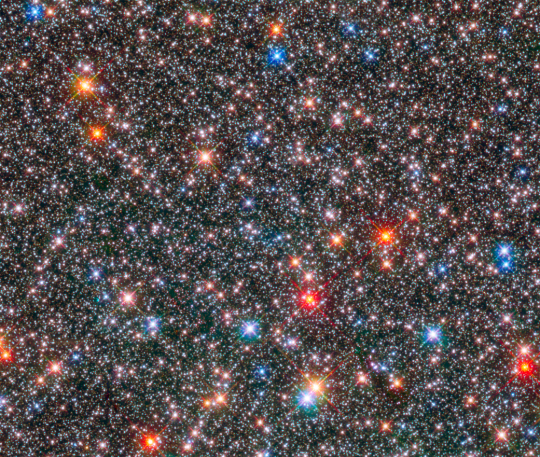
If you’ve spent much time stargazing, you may have noticed that while most stars look white, some are reddish or bluish. Their colors are more than just pretty – they tell us how hot the stars are. Studying their light in greater detail can tell us even more about what they’re like, including whether they have planets. Two women, Williamina Fleming and Annie Jump Cannon, created the system for classifying stars that we use today, and we’re building on their work to map out the universe.

By splitting starlight into spectra – detailed color patterns that often feature lots of dark lines – using a prism, astronomers can figure out a star’s temperature, how long it will burn, how massive it is, and even how big its habitable zone is. Our Sun’s spectrum looks like this:
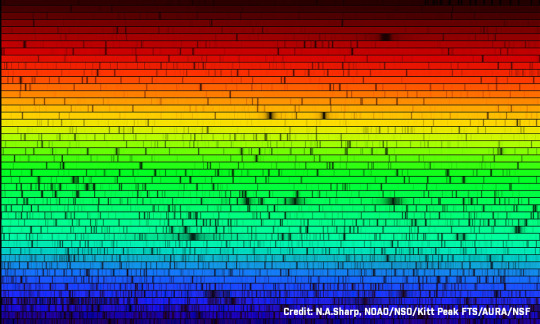
Astronomers use spectra to categorize stars. Starting at the hottest and most massive, the star classes are O, B, A, F, G (like our Sun), K, M. Sounds like cosmic alphabet soup! But the letters aren’t just random – they largely stem from the work of two famous female astronomers.
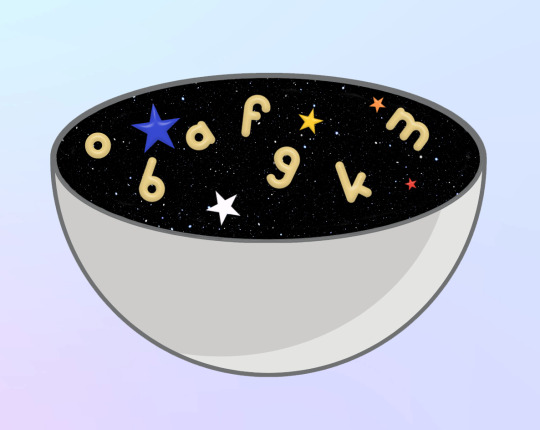
Williamina Fleming, who worked as one of the famous “human computers” at the Harvard College Observatory starting in 1879, came up with a way to classify stars into 17 different types (categorized alphabetically A-Q) based on how strong the dark lines in their spectra were. She eventually classified more than 10,000 stars and discovered hundreds of cosmic objects!
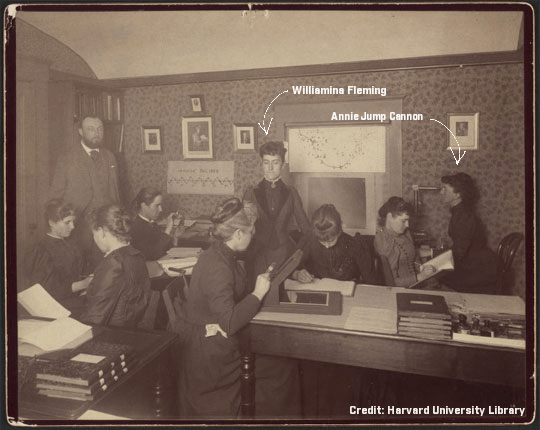
That was back before they knew what caused the dark lines in spectra. Soon astronomers discovered that they’re linked to a star’s temperature. Using this newfound knowledge, Annie Jump Cannon – one of Fleming’s protégés – rearranged and simplified stellar classification to include just seven categories (O, B, A, F, G, K, M), ordered from highest to lowest temperature. She also classified more than 350,000 stars!
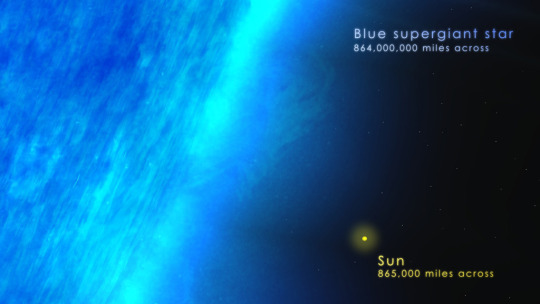
Type O stars are both the hottest and most massive in the new classification system. These giants can be a thousand times bigger than the Sun! Their lifespans are also around 1,000 times shorter than our Sun’s. They burn through their fuel so fast that they only live for around 10 million years. That’s part of the reason they only make up a tiny fraction of all the stars in the galaxy – they don’t stick around for very long.
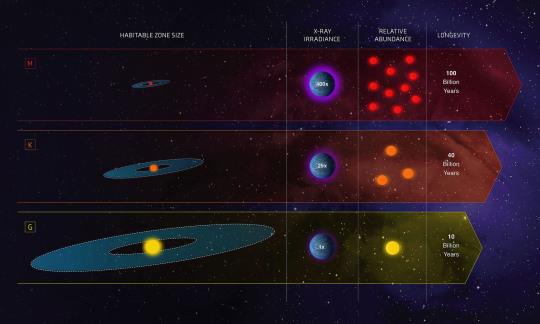
As we move down the list from O to M, stars become progressively smaller, cooler, redder, and more common. Their habitable zones also shrink because the stars aren’t putting out as much energy. The plus side is that the tiniest stars can live for a really long time – around 100 billion years – because they burn through their fuel so slowly.

Astronomers can also learn about exoplanets – worlds that orbit other stars – by studying starlight. When a planet crosses in front of its host star, different kinds of molecules in the planet’s atmosphere absorb certain wavelengths of light.
By spreading the star’s light into a spectrum, astronomers can see which wavelengths have been absorbed to determine the exoplanet atmosphere’s chemical makeup. Our James Webb Space Telescope will use this method to try to find and study atmospheres around Earth-sized exoplanets – something that has never been done before.
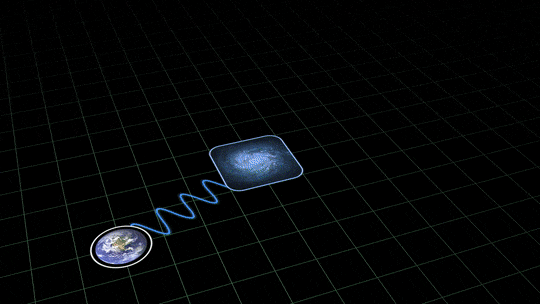
Our upcoming Nancy Grace Roman Space Telescope will study the spectra from entire galaxies to build a 3D map of the cosmos. As light travels through our expanding universe, it stretches and its spectral lines shift toward longer, redder wavelengths. The longer light travels before reaching us, the redder it becomes. Roman will be able to see so far back that we could glimpse some of the first stars and galaxies that ever formed.
Learn more about how Roman will study the cosmos in our other posts:
Roman’s Family Portrait of Millions of Galaxies
New Rose-Colored Glasses for Roman
How Gravity Warps Light
Make sure to follow us on Tumblr for your regular dose of space!
4K notes
·
View notes
Text
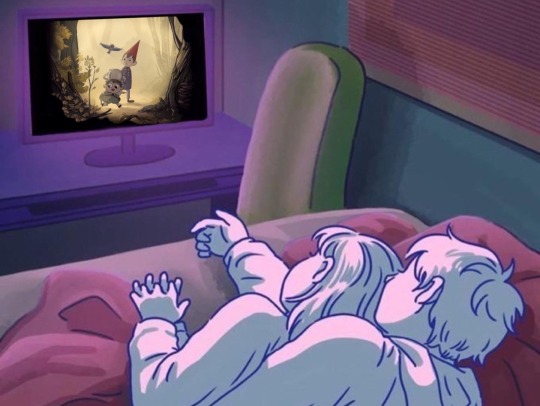
date night need
173 notes
·
View notes
Text
i’ve become this soft and gentle woman. i embrace my emotions, i cry whenever i need to, i forgive myself for certain experiences and move on with love. i just love the space of being soft and gentle. this version of me is beautiful.
8K notes
·
View notes
Text
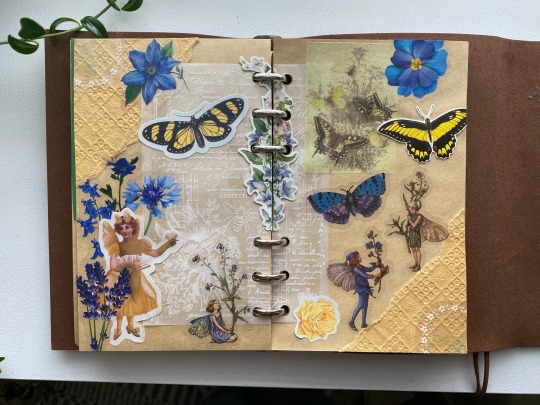
I got new fairy stickers if you couldn’t tell🧚🏽♂️✨
#art#scrapbook#scrapbooking#sketchbook#stationery#artjournal#journal spread#nature#collageart#bujo aesthetic#fairy aesthetic#fairycore#fairy wings
4 notes
·
View notes
Text


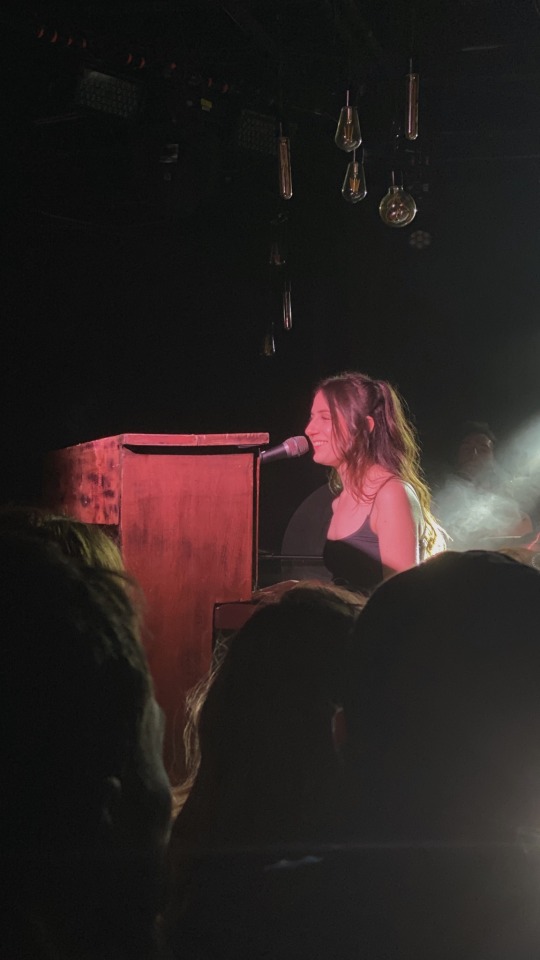

not my usual type of post but I love dodie probably more that journaling
1 note
·
View note
Text
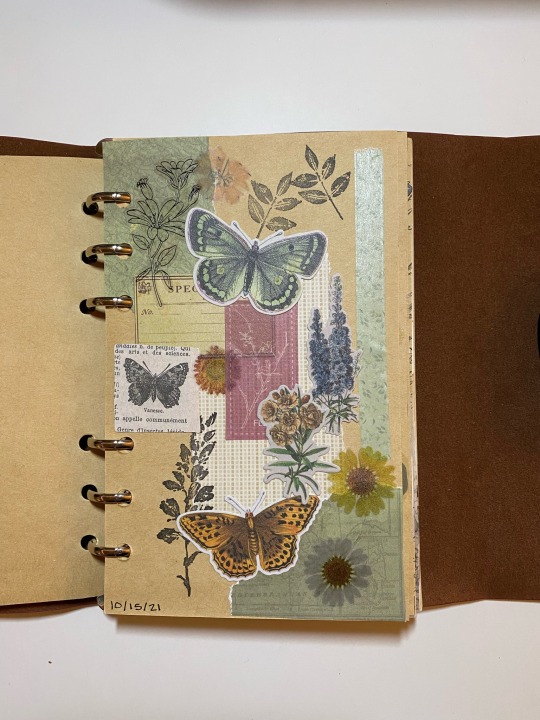
#art#scrapbook#scrapbooking#sketchbook#stationery#artjournal#journal spread#nature#collageart#mushrooms#bujo aesthetic
2 notes
·
View notes
Text
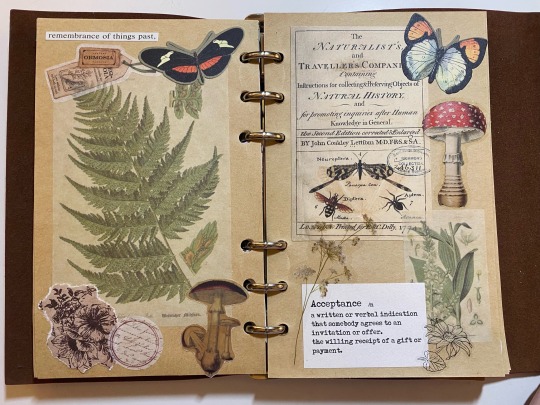
#art#scrapbook#scrapbooking#sketchbook#stationery#artjournal#journal spread#nature#collageart#mushrooms#bujo aesthetic
6 notes
·
View notes
Text
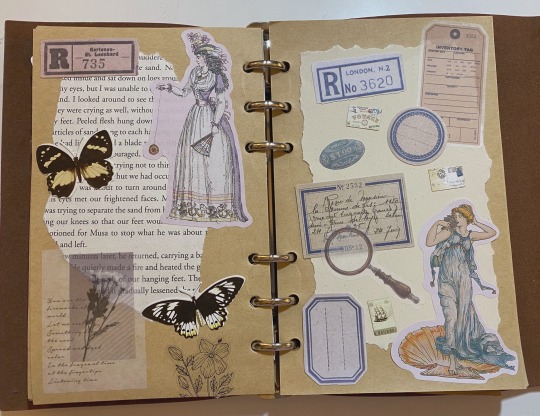
i’d like to imagine they have the same spirit but live separate lives
#art#scrapbook#scrapbooking#sketchbook#stationery#artjournal#journal spread#nature#collageart#bujo aesthetic
26 notes
·
View notes
Text
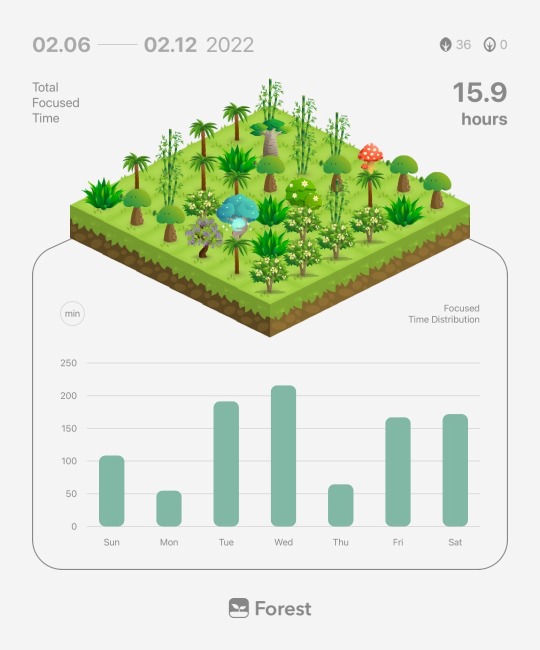
this week’s study time distribution + trees. finally unlocked osmanthus :)
30 notes
·
View notes
Text
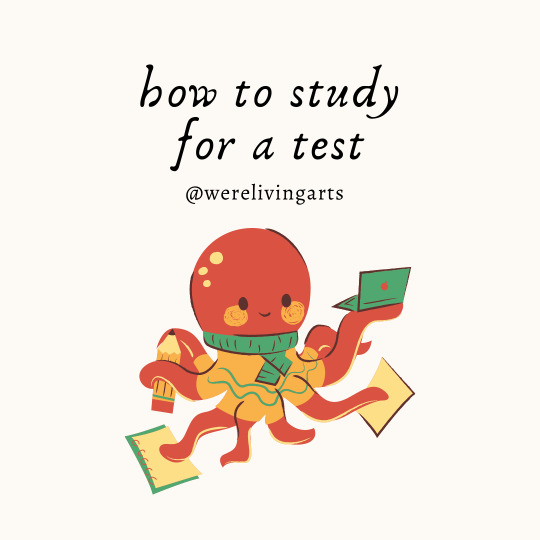
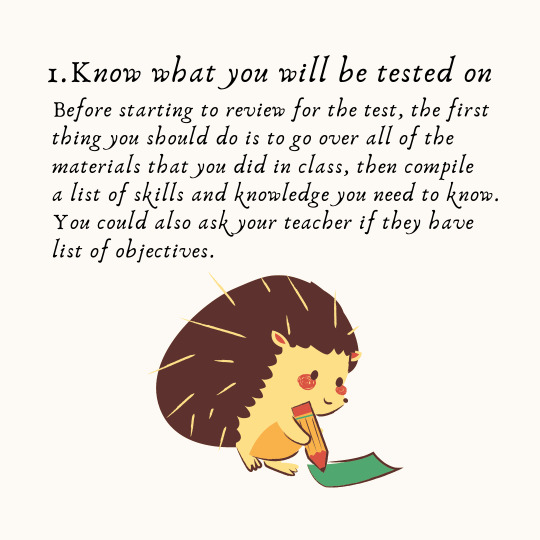

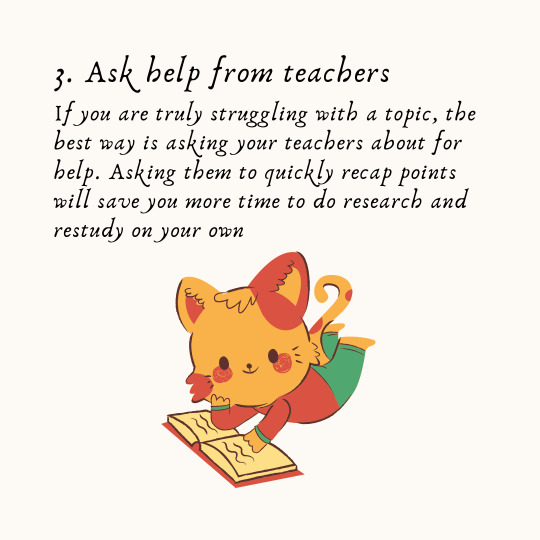
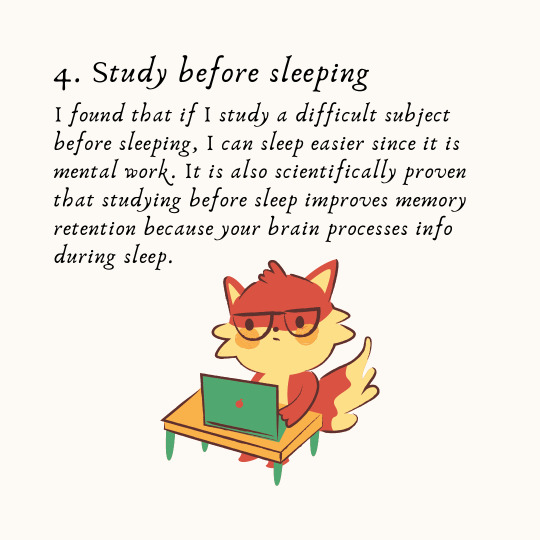
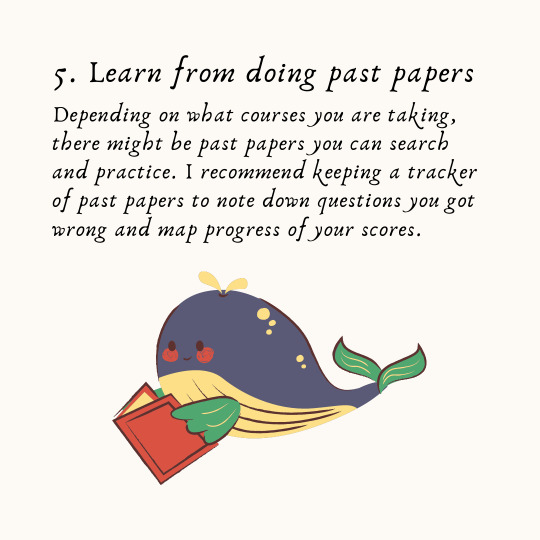
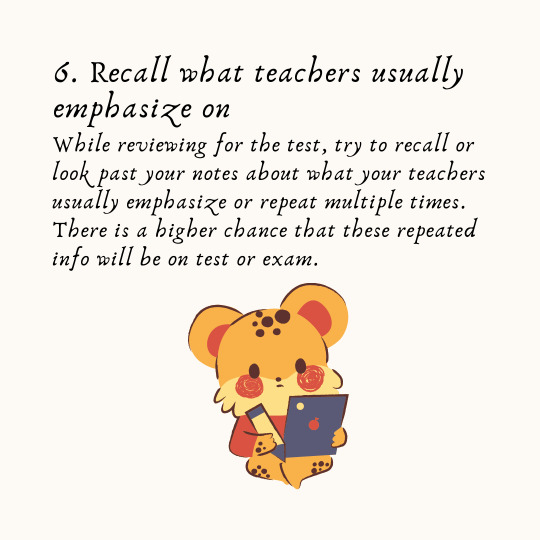

Hi everyone, recently I have many tests, so I just want to make a post on some tips I find helpful and effective for me while reviewing for tests. These tips might only work for me, so take them with a grain of salt! Feel free to try out if you want to!
Happy Lunar New Year also to those who celebrate it! 🧨🧧
QOTD: How do you usually prepare for a test/exam?
2K notes
·
View notes
Text
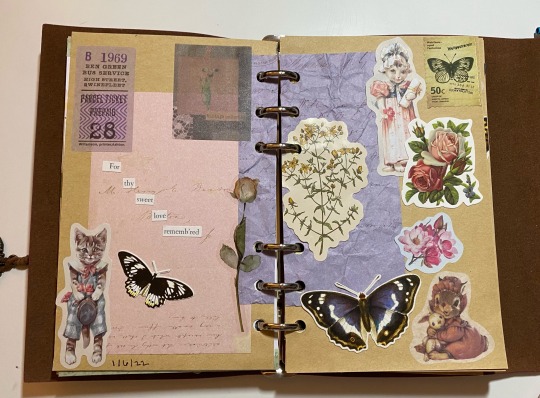
cool cats wear clothes
#art#scrapbook#scrapbooking#sketchbook#stationery#artjournal#journal spread#nature#collageart#bujo aesthetic
9 notes
·
View notes
Text
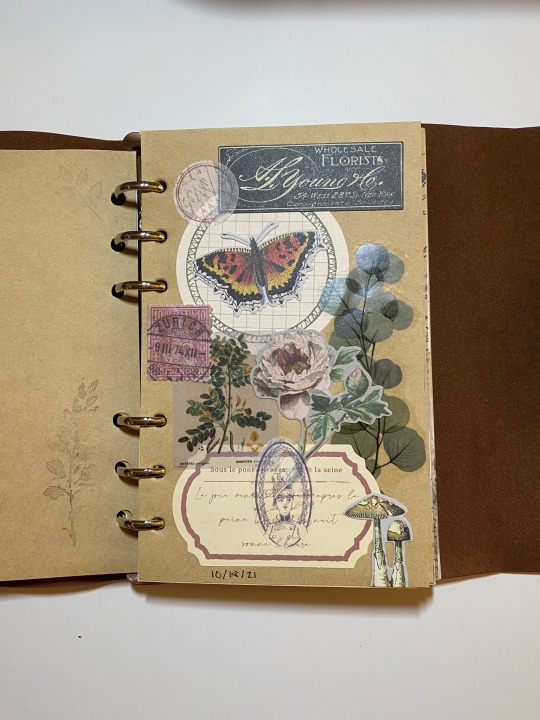
one of my first few spreads
#art#scrapbook#scrapbooking#sketchbook#stationery#artjournal#journal spread#mushrooms#nature#collageart#bujo aesthetic
8 notes
·
View notes
Text
“I’m not everything I want to be, but I’m more than I was, and I’m still learning.”
— Charlotte Eriksson, Everything Changed When I Forgave Myself
76K notes
·
View notes
Text
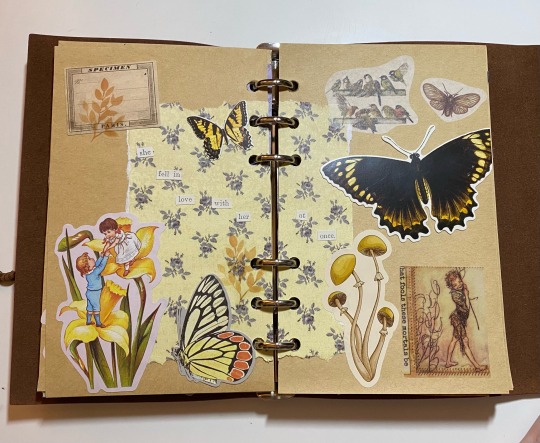
she fell in love with her at once✨
#art#scrapbook#scrapbooking#sketchbook#stationery#artjournal#journal spread#nature#collageart#mushrooms#lgbtq
2 notes
·
View notes
Text
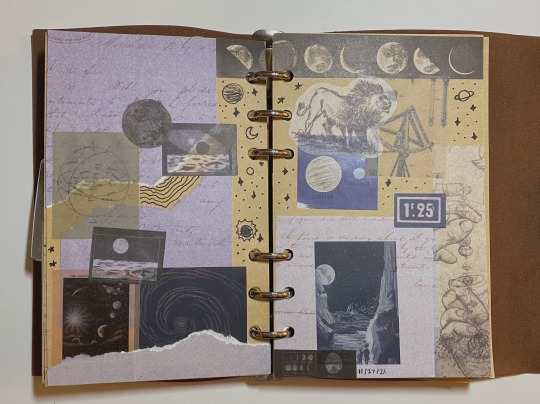
the crooked stickers drive me crazy on this one
#art#scrapbook#scrapbooking#sketchbook#stationery#artjournal#journal spread#nature#collageart#bujo aesthetic#space#stars#moon#astronomy
4 notes
·
View notes
Text
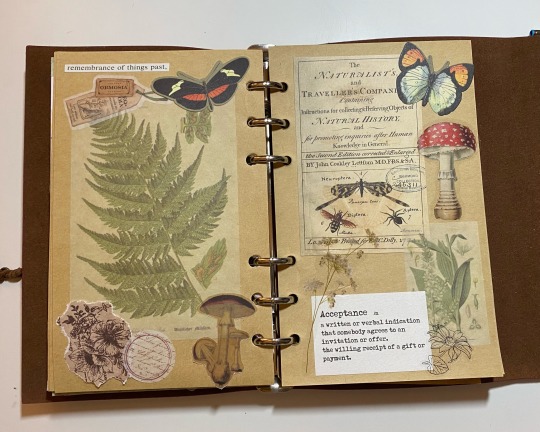
The more you know who you are, and what you want, the less you let things upset you.
Stephanie Perkins
5 notes
·
View notes